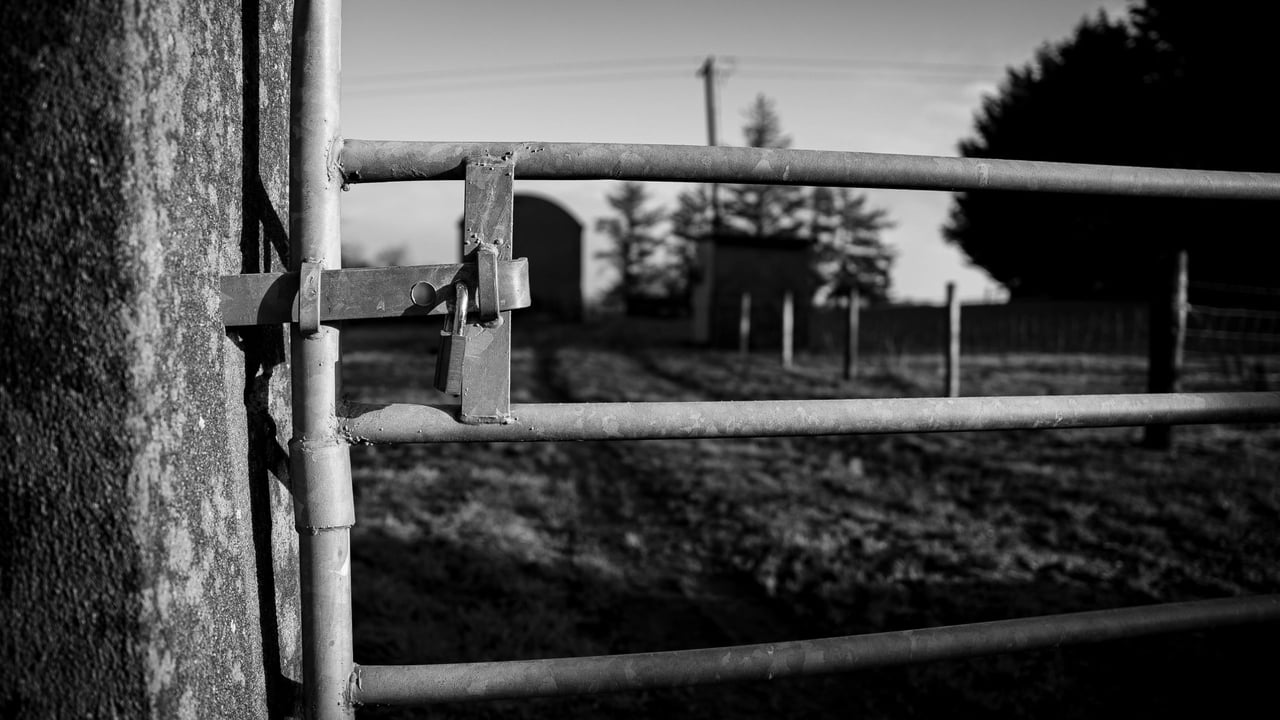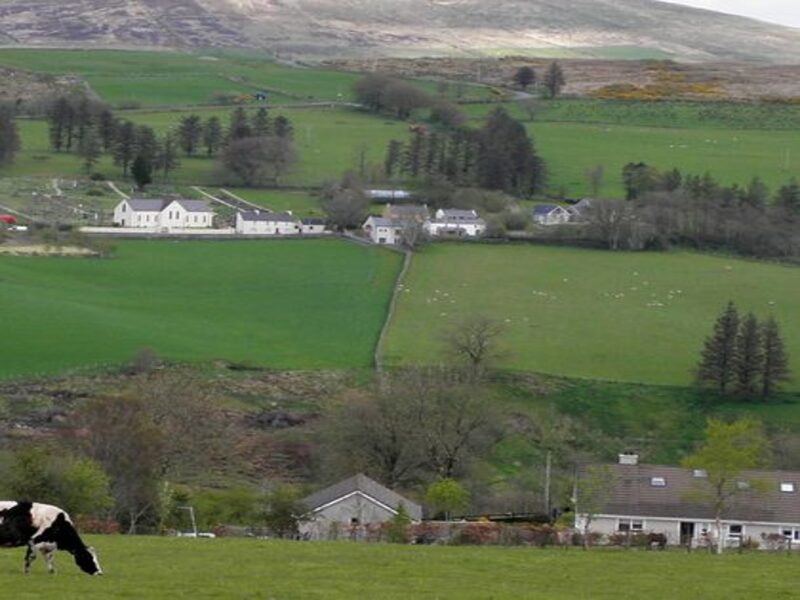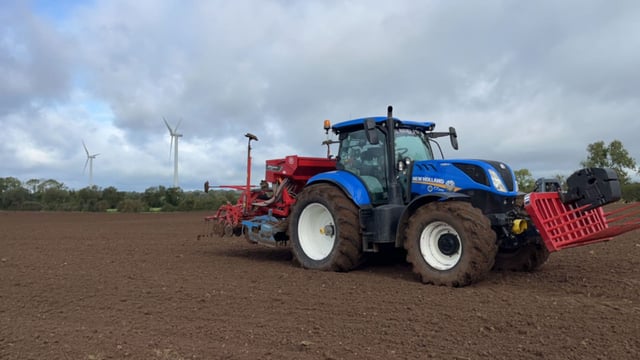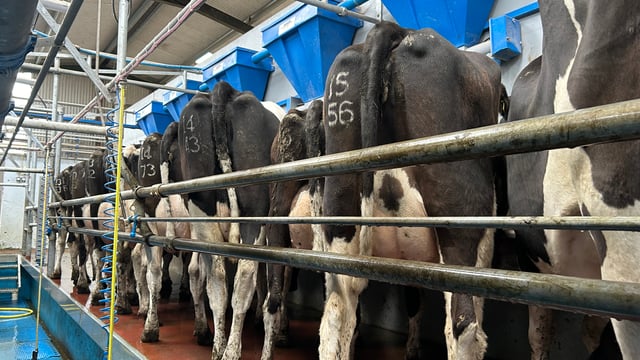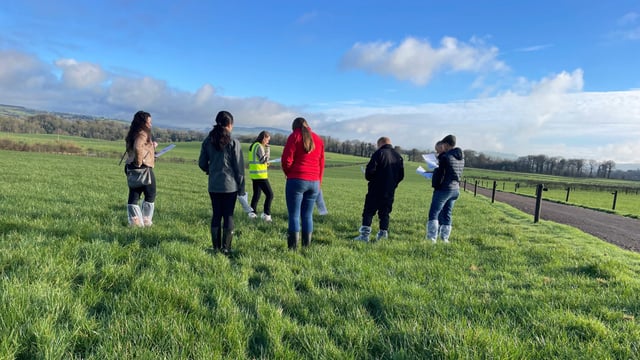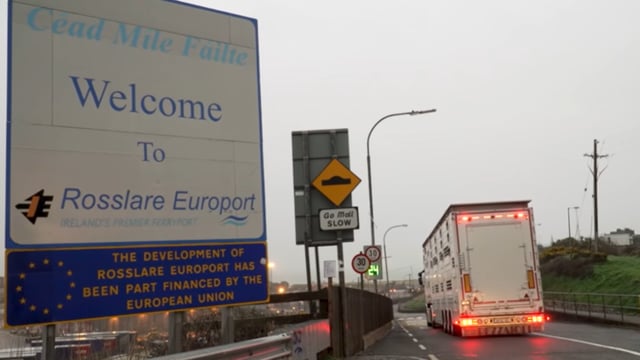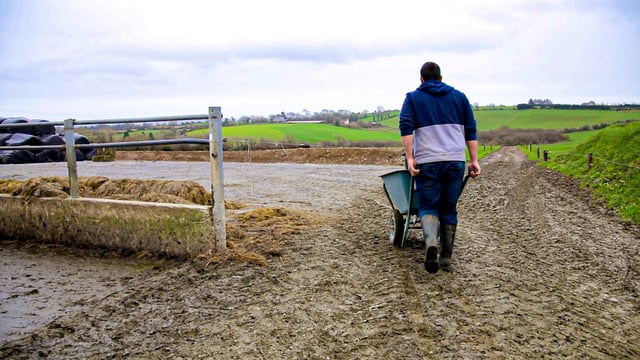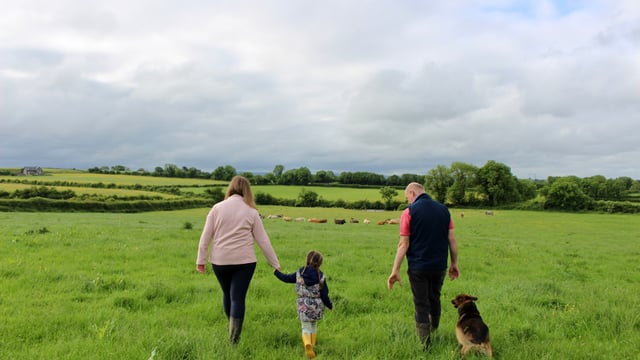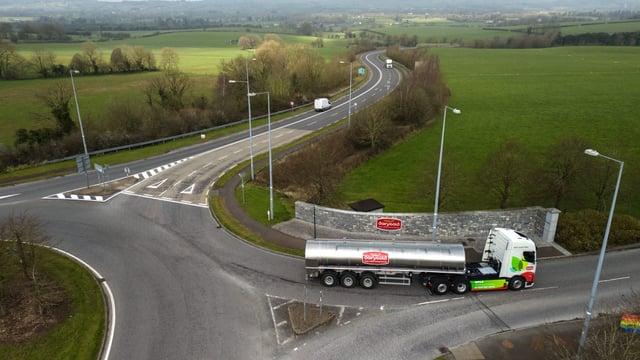New plan built on collaborative approach to improve rural safety
Enhancing safety in rural areas needs a collective and collaborative approach, according to a new multi-agency plan.
The Rural Safety Plan 2025-2027 has been developed by the National Rural Safety Forum in conjunction with the Department of Justice, Home Affairs, and Migration.
The plan aims to continue to build safe communities across rural Ireland through a multi-agency response.
Rural Safety Plan
Following an analysis of the previous rural safety plan, the new document identifies four main priorities:
- Community safety and engagement;
- Property crime;
- Road safety;
- Animal and wildlife crime.
Under these four pillars, the 24 member organisations of the National Rural Safety Forum committed to 18 actions, which will be enabled by 53 sub-actions.
Among the actions is the roll out of 36 Local Community Safety Partnerships across the country.
These partnerships aim to "prioritise the voice of local people" in identifying and addressing community safety issues in collaboration with a wide range of stakeholders.
A national strategy for improving community safety is also due to be delivered in the first half of next year.
An Garda Síochána's Older People Plan will continue to be implemented.
Intelligence-led operations by garda units will be coordinated through regional intelligence hubs nationwide reacting to crime trends.
The use of crime prevention products, technologies, and programmes in rural areas will be encouraged.
The actions include strategies to combat wildlife crime, including illegal hunting, trespassing and intimidation.
The plan outlines that the general public will be provided with "clear information" on trespassing laws.
In addition, there will be education and awareness campaigns on the dangers posed by uncontrolled dogs.
The actions also aim to "foster collaboration among agricultural representative groups to address animal safety issues".
Under road safety, the review of speed enforcement zones will continue, while there multi-agency checkpoints will continue in rural areas.
Rural Ireland
Minister of State at the Department of Justice Niall Collins will launch the plan today (Wednesday, September 17) at the National Ploughing Championships in Screggan, Co. Offaly.
Speaking ahead of the launch, Minister Collins said that the publication of the plan delivers on a commitment in the Programme for Government 2025.
He thanked the National Rural Safety Forum and its member organisations for helping to develop the plan.
“I look forward to the implementation of this plan as each action has the potential to benefit everyone who lives, works in, and enjoys rural Ireland.
"The National Rural Safety Forum will monitor the progress of these actions with a view to developing the next plan," he said.
Forum
The National Rural Safety Forum is co-chaired by the Irish Farmers' Association (IFA) and An Garda Síochána.
Assistant Commissioner Paula Hilman said that An Garda Síochána "remains committed to rural Ireland and our community policing ethos".
“Through various collaborations including the National Rural Safety Forum, Community Alert schemes and new Community Safety Partnerships, An Garda Síochána is listening to and working with rural communities," she said.
"This collaboration must be and is supported by gardaí who work, live, socialise and are embedded as part of all our communities."
She added that initiatives such as Operation Thor, which is focused on criminal gangs targeting rural areas, has led to a significant decline of 75% in residential burglaries since its introduction in 2015.
Alice Doyle, IFA deputy president, believes this will "deliver real outcomes which will have day-to-day and lasting effects on rural communities".
"Crime prevention initiatives, advisory notifications, multi -agency approaches to combating crime gives great community reassurance and peace of mind to all rural community dwellers," she said.

